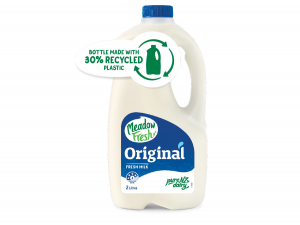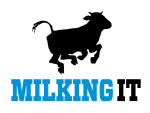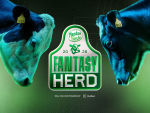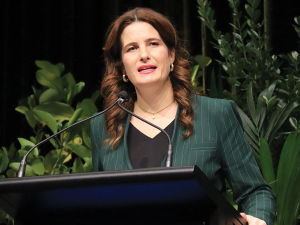Meadow Fresh claims this is a first for New Zealand mainstream, high-volume milk.
From last week, all Meadow Fresh one- and two-litre bottles will be made of 30% rHDPE; this will reduce the amount of virgin plastic (plastic that has never been used before) originating from Meadow Fresh bottles by 250 tonnes annually.
With current global best practice for food-grade HDPE recycling enabling resource reuse of about 25% of recycled content, this step sets Meadow Fresh apart from other mainstream dairy brands in New Zealand, it claims.
Goodmand Fielder New Zealand chief executive Bernard Duignan, says the move is an important milestone for the business.
"We are thrilled to introduce a solution that provides consumers a choice to make a better impact on the planet... without impacting their wallets."
The company says it is "designing for recycling", and a key feature of the new Meadow Fresh bottle is that it doesn't contain white resin - allowing it to be recycled into new plastic bottles and other food packaging.
Professor Johan Verbeek, director at the Plastics Centre of Excellence and member of the University of Auckland's Faculty of Engineering, believes the move is good for consumers and the planet.
"It is fantastic to see how the New Zealand industry is responding to their responsibility towards a circular economy for plastics.
"Designing packaging to fit with our current infrastructure is critical for improvising recycling. The decision to remove white pigment is a very wise decision and certainly a big step in the right direction. This is certainly a great example for other brand owners to show that including significantly more recycled content in the products is achievable," says Verbeek.


















